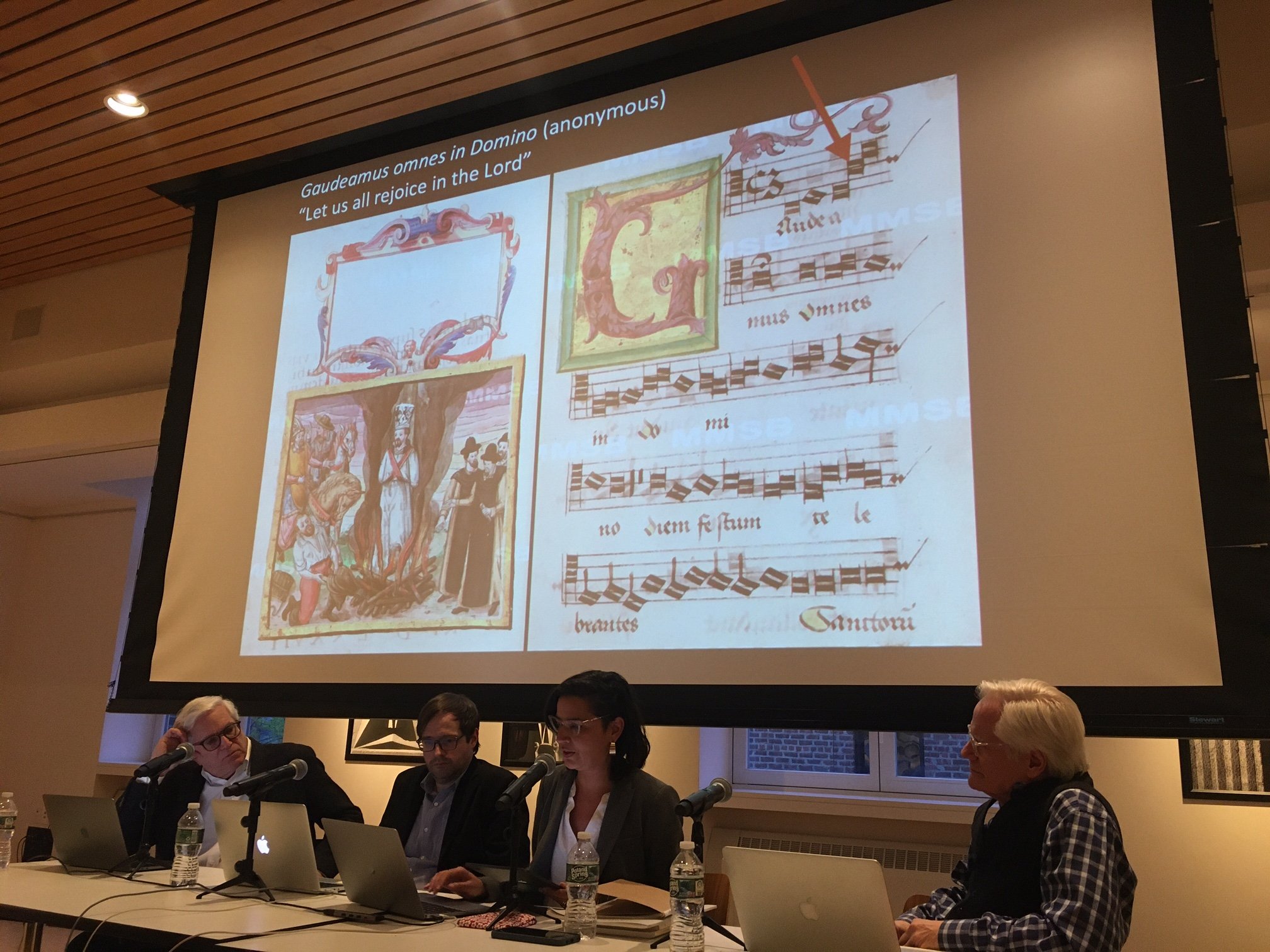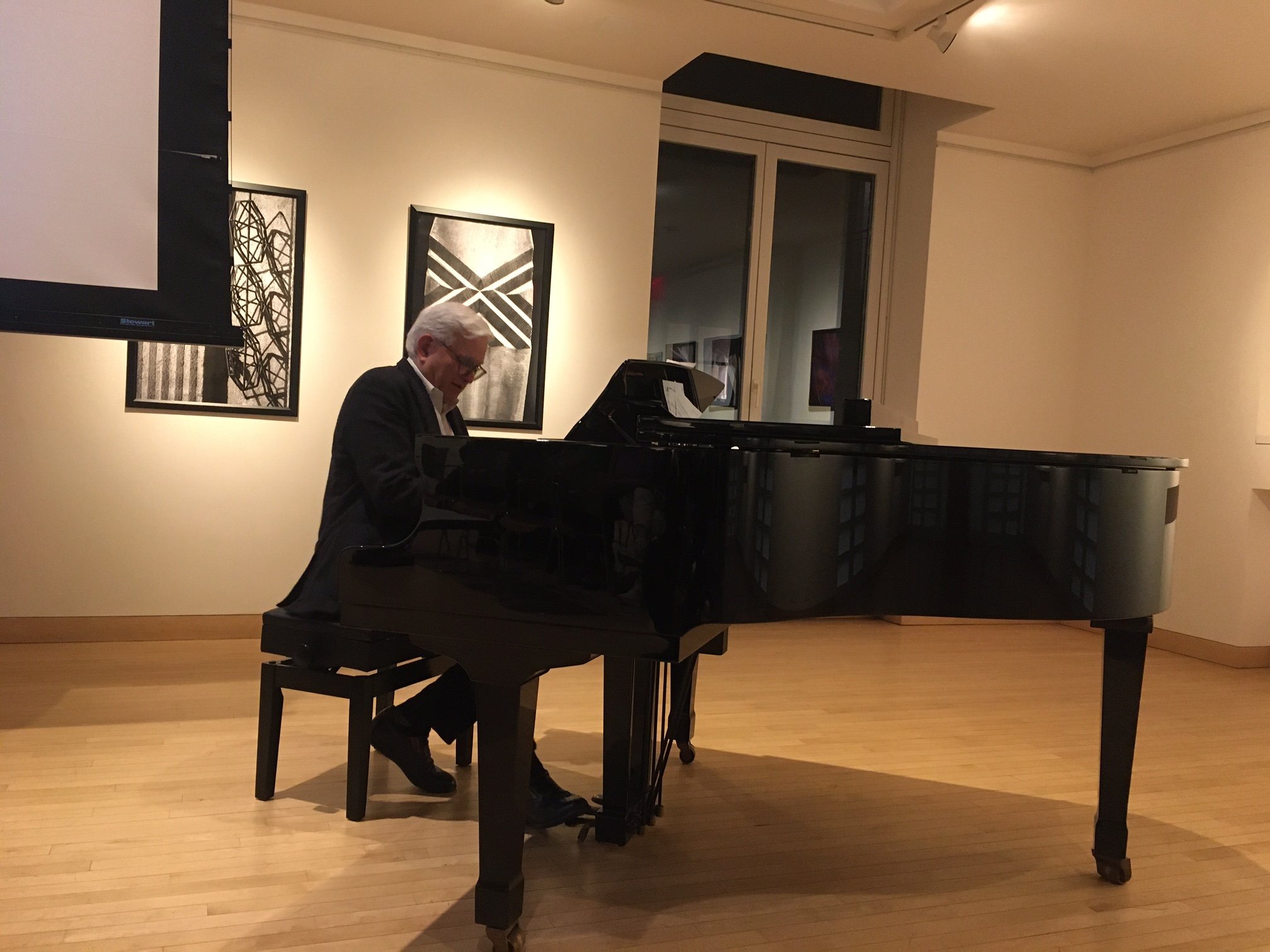Who Gets to be Called Czech?
Czech music is extraordinarily rich and varied, many would agree. But who actually gets to be called Czech? Professor Michael Beckerman hosted a panel discussion about how to conceive of questions of Czech nationality/ethnicity in music from the early Renaissance to the 20th century. Invited panelists included scholars and musicians Erika Supria Honisch, David Hoose, and Carl C. Bettendorf.
Topics for discussion included:
How to think about the term "Czech" before the advent of the Czech National Awakening, but also for "minority" composers (Jews, Germans, etc.) after that point.
What is the cost/benefit of considering composers like Biber, Zelenka, and Gluck, who were born in the Czech Lands, as part of the Czech tradition?
What about later figures like Gustav Mahler, Erwin Schulhoff, Pavel Haas, and Viktor Ullmann, variously described as "Austro-Czech," "Jewish," "Czech Jewish," etc.?
In Professor Beckerman’s words, is what we call "Czech music" a set with fuzzy edges, or actually, no real set at all?
The audience took a fresh walk through “Czech“ musical history, supported and amplified by selected musical illustrations, and joined in the post-presentation discussion.



